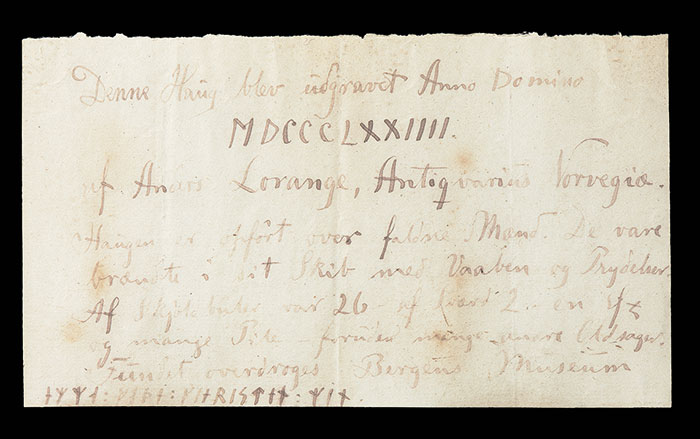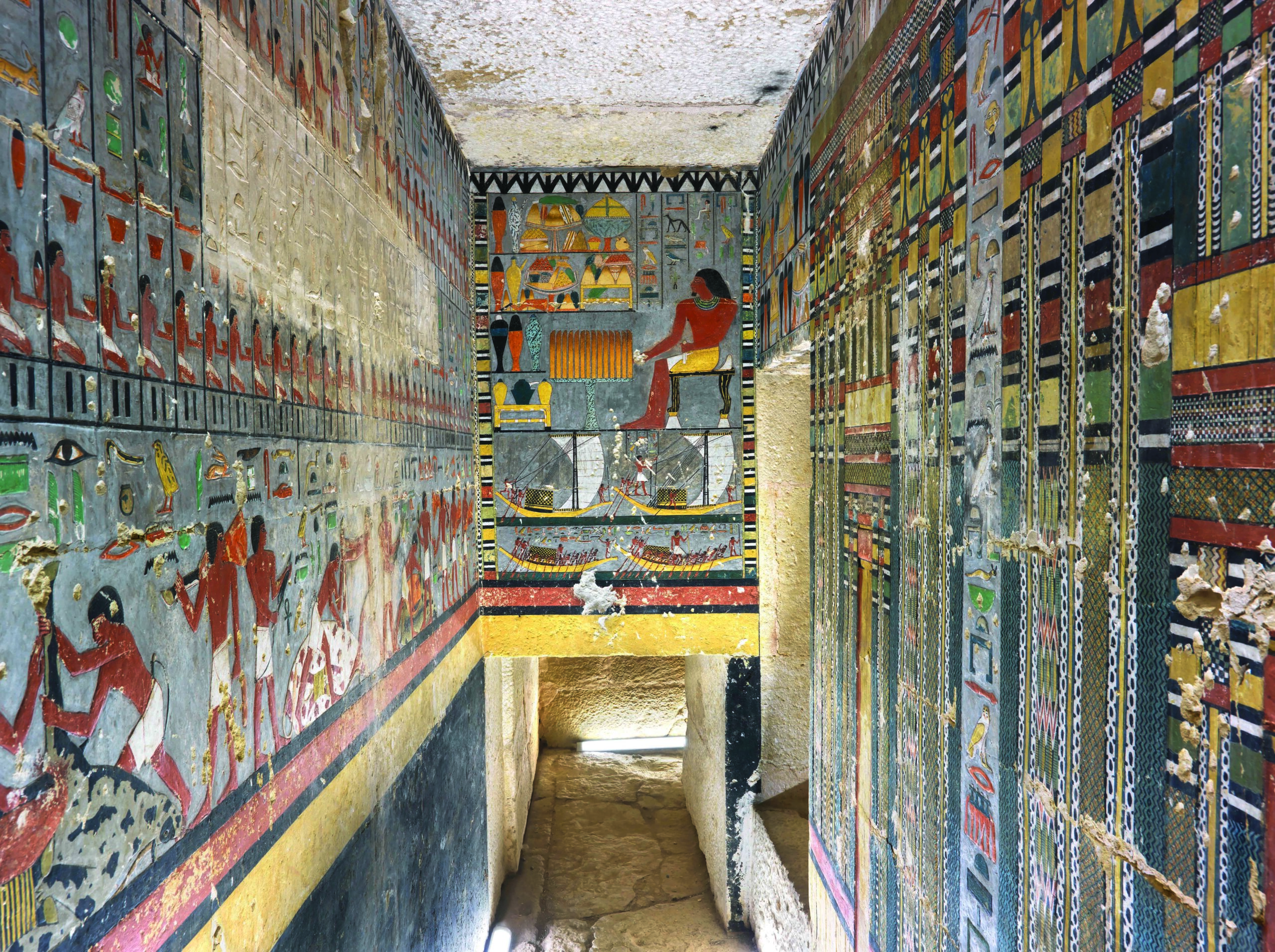TROMSØ, NORWAY—Science Magazine reports that archaeologist Hans Peter Blankholm of the Arctic University of Norway and his colleagues found “unhealthy” levels of toxic metals in the bones of Atlantic cod and harp seals recovered from garbage pits at eight archaeological sites on Norway’s Varanger Peninsula. The sites range in age from 3,800 to 6,300 years old. The analysis revealed that the cod and seal bones both contained high levels of cadmium, lead, and mercury, which can cause organ damage in humans when consumed. The metals are thought to have leached into the water supply as sea levels rose and covered previously dry land. Blankholm and his colleagues said, however, that it is unclear if eating contaminated sea creatures harmed the people who lived in these prehistoric Arctic communities, since they also ate fruit and meat from reindeer and rabbits, and may not have lived long enough to accumulate many pollutants from the otherwise beneficial, high-protein foods from the sea. The next phase of research will analyze human remains recovered from the archaeological sites. To read about prehistoric artifacts emerging from mountain ice patches, go to "Letter from Norway: The Big Melt."
Pollution Found in Norway's Prehistoric Food Chain
News February 14, 2020
SHARE:
Recommended Articles
Artifacts November/December 2025
Viking Chess Piece
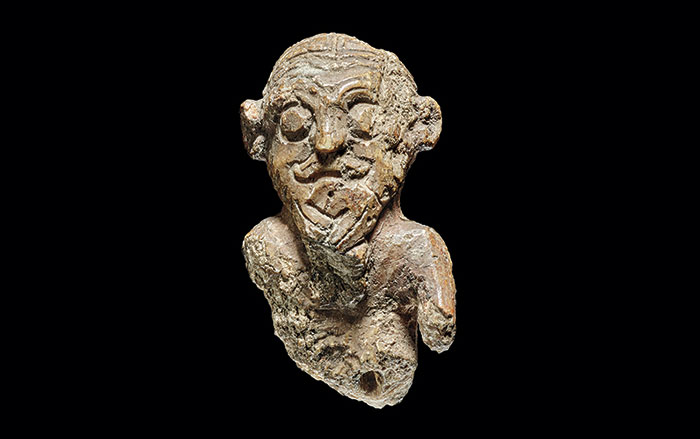
Roberto Fortuna/Courtesy the National Museum of Denmark
Digs & Discoveries September/October 2025
Nordic Metal
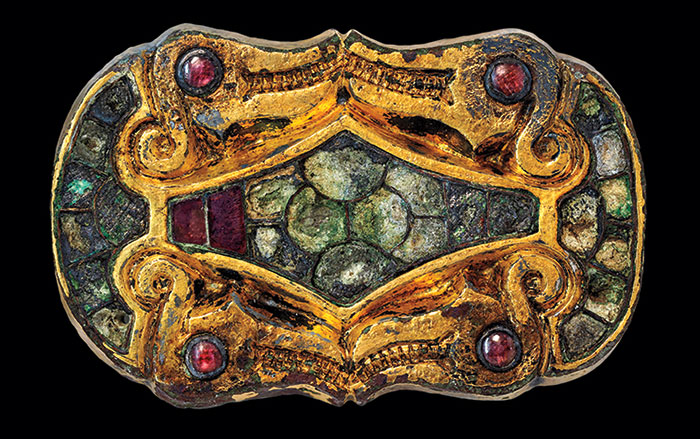
Photograph by Lill-Ann Chepstow-Lusty, © Museum of Cultural History, University of Oslo
Features July/August 2025
Setting Sail for Valhalla
Vikings staged elaborate spectacles to usher their rulers into the afterlife
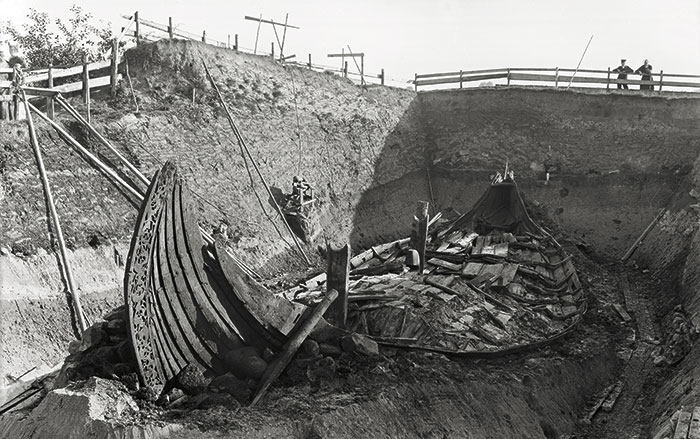
Museum of the Viking Age, University of Oslo
-
Letter from Ireland January/February 2020
The Sorrows of Spike Island
Millions were forced to flee during the Great Famine—some of those left behind were condemned to Ireland’s most notorious prison
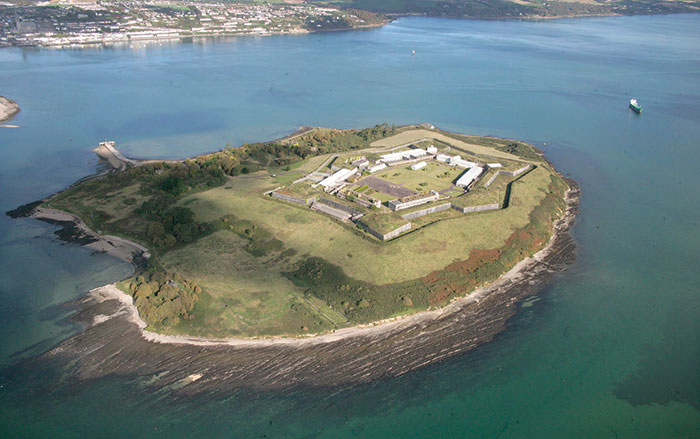 (Courtesy Barra O’Donnabhain)
(Courtesy Barra O’Donnabhain) -
Artifacts January/February 2020
Bronze and Iron Age Drinking Vessels
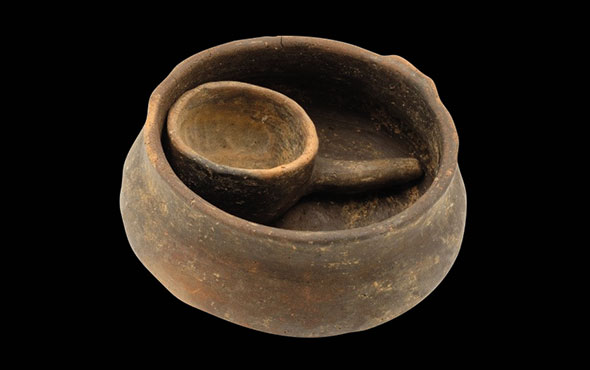 (Alexander Frisch, Museen der Stadt Regensburg)
(Alexander Frisch, Museen der Stadt Regensburg) -
Digs & Discoveries January/February 2020
The Man in Prague Castle
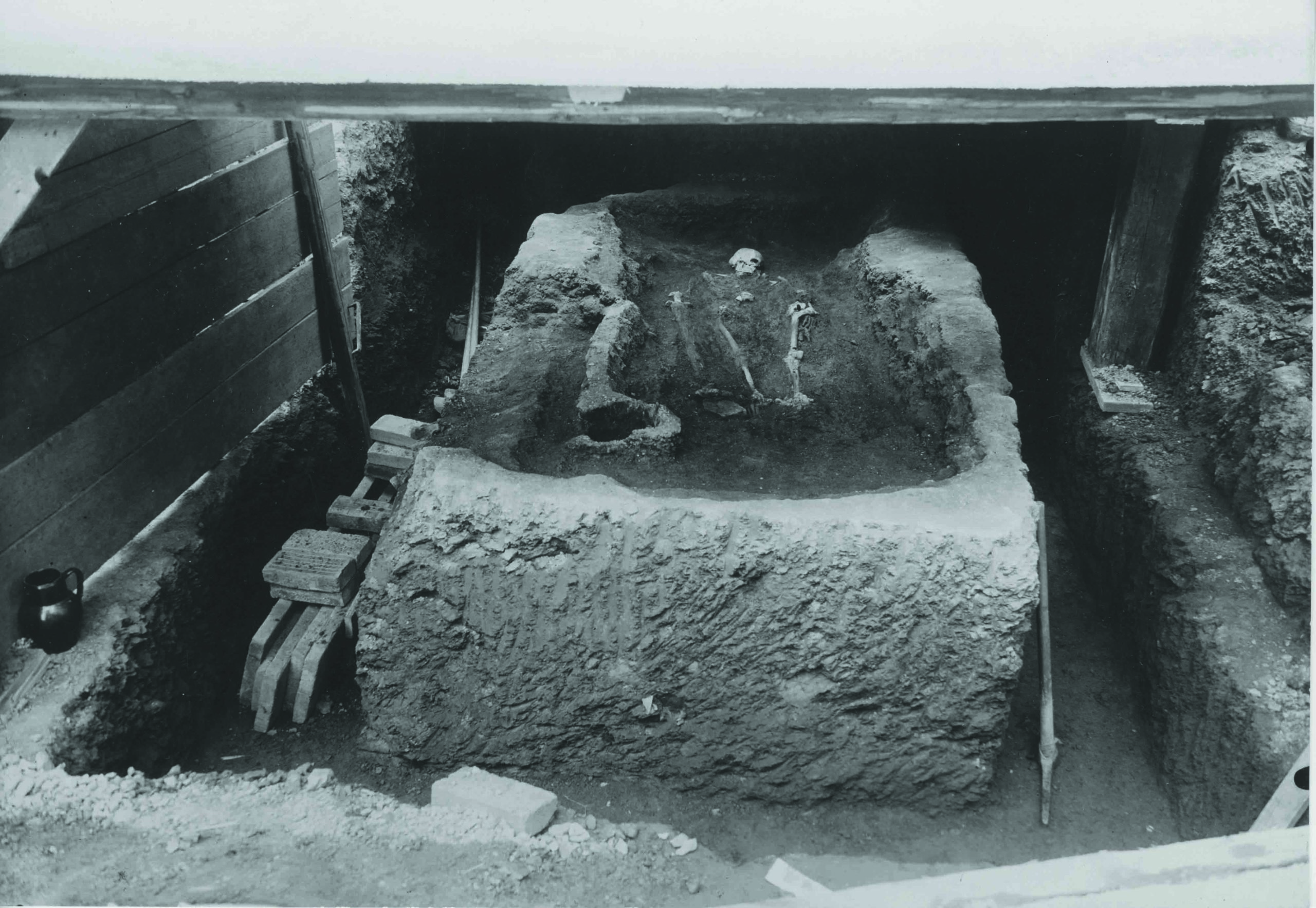 (Prague Castle excavations, Institute of Archaeology, Prague)
(Prague Castle excavations, Institute of Archaeology, Prague) -
Digs & Discoveries January/February 2020
As Told by Herodotus
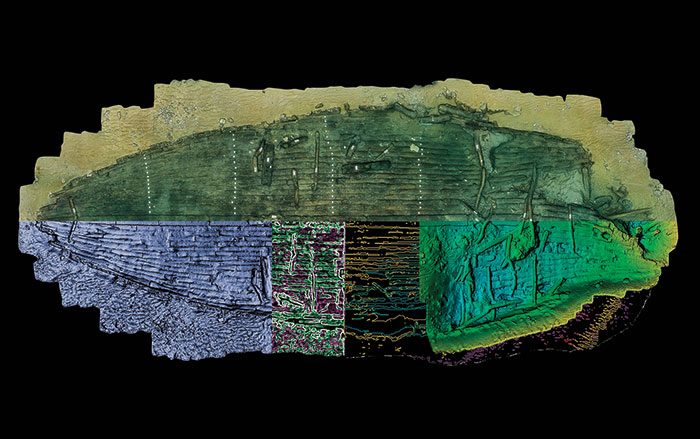 (Christoph Gerigk © Franck Goddio/Hilti Foundation, franckgoddio.org)
(Christoph Gerigk © Franck Goddio/Hilti Foundation, franckgoddio.org)


